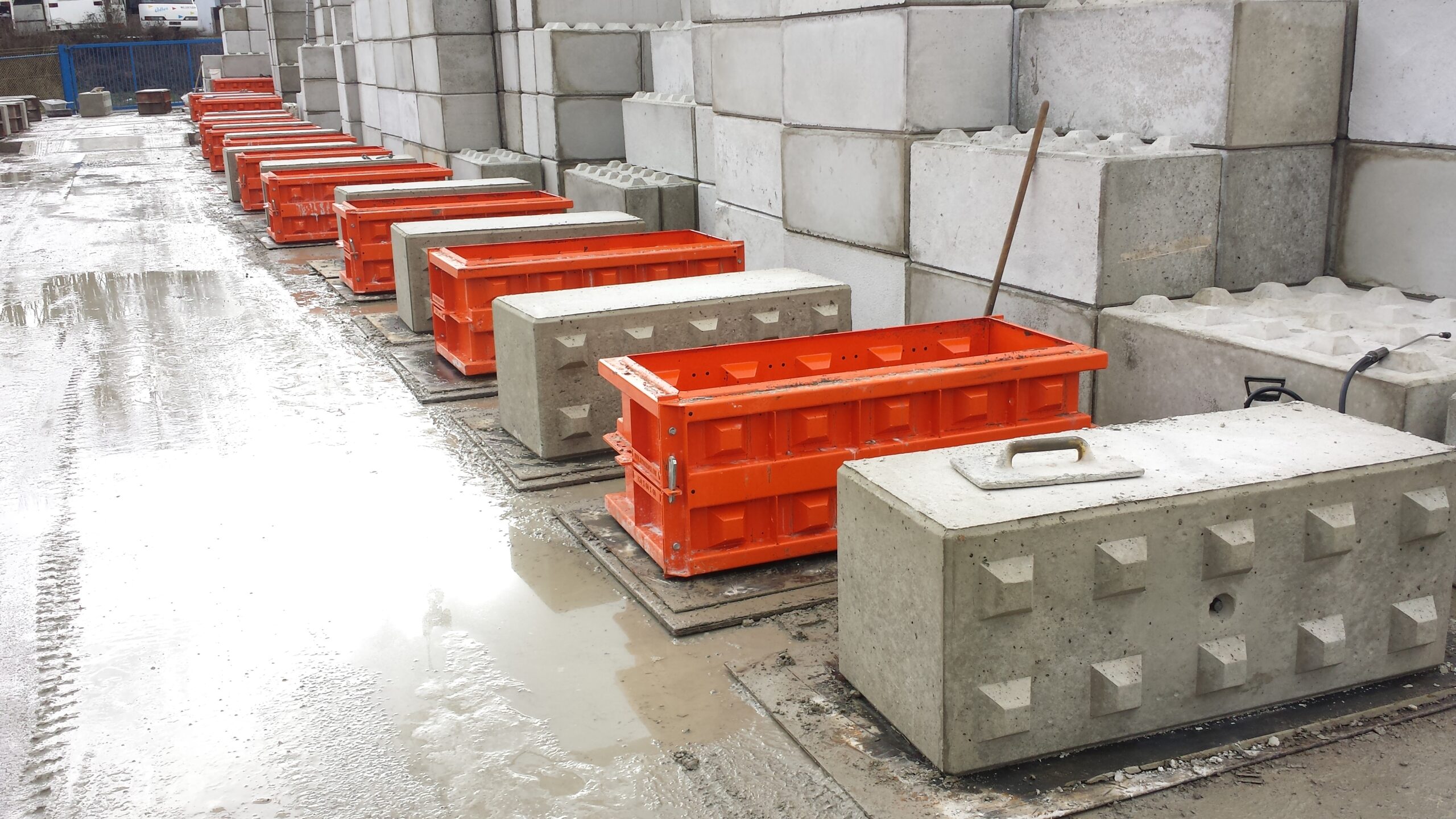
In modern agriculture, the need for robust and adaptable construction materials is more critical than ever. As farms expand and diversify, the demand for versatile building solutions grows, leading to innovative approaches in infrastructure development. The use of stackable concrete blocks in agricultural applications has emerged as a highly effective option.
In the rapidly changing landscape of agriculture, ensuring that your infrastructure is both robust and flexible is crucial. This is where stackable concrete blocks come into play, offering a solution that meets these demands head-on. These blocks are not only versatile but also durable and easy to install, making them a popular choice among farmers looking to enhance their agricultural settings. Moreover, betonblock.com has become a valuable resource for those interested in exploring this innovative building material further.
Stackable concrete blocks explained
Stackable concrete blocks are prefabricated building materials designed to interlock easily, creating strong and stable structures. These blocks are widely used across various construction sectors due to their ease of use and adaptability. Their applications range from simple landscaping projects to more complex constructions like retaining walls and storage facilities. The primary benefits of these blocks include their durability, ease of installation, and reusability, which make them particularly suitable for agricultural environments where conditions can be harsh and demanding.
The blocks’ ability to be reused or reconfigured with minimal effort is a significant advantage in agricultural settings. Farmers can quickly assemble or dismantle structures as needed without requiring specialized equipment or skilled labor. This flexibility not only reduces construction time but also minimizes costs associated with traditional building methods. With these benefits in mind, it’s no surprise that stackable concrete blocks are becoming a favored choice for enhancing agricultural infrastructure.
Agricultural uses of stackable concrete blocks
In agriculture, stackable concrete blocks offer numerous practical applications that can help streamline operations and increase efficiency. For instance, they are ideal for constructing retaining walls that prevent soil erosion on sloped terrains—an essential feature for maintaining fertile land. Additionally, these blocks can be used to build secure storage facilities for grains and produce, ensuring protection from pests and weather-related damage.
Another critical application is creating barriers for livestock enclosures, which must be sturdy enough to withstand pressure from animals while remaining safe and secure. Real-world examples demonstrate the success of these applications; numerous farms have reported improved productivity and operational efficiency by incorporating stackable concrete block structures into their operations.
Benefits in agricultural settings
For farmers seeking cost-effective construction solutions, stackable concrete blocks present a compelling option. They allow for significant savings on labor and materials due to their straightforward installation process and long-lasting nature. Additionally, because these blocks can be disassembled and reused multiple times, they contribute to sustainable farming practices by minimizing waste.
The environmental benefits extend beyond waste reduction; using locally sourced materials for block production reduces the carbon footprint associated with transportation. Furthermore, by choosing recyclable materials in their manufacturing process, Betonblock forms contribute to more sustainable building practices in agriculture.

Technical specifications and considerations
When selecting stackable concrete blocks for agricultural use, it’s crucial to consider the technical specifications provided by manufacturers like betonblock.com. These details ensure that you choose the right type of block suited for your specific needs, whether you’re constructing a small barrier or a large storage facility.
Key factors to consider include the block’s weight-bearing capacity, weather resistance properties, and interlocking capabilities. Understanding these specifications helps in planning efficient designs that maximize both functionality and safety on your farm.
Stackable concrete blocks hold great potential for enhancing agricultural infrastructure through their versatility and durability. They offer farmers innovative solutions that meet the growing demands of modern agriculture while promoting sustainable practices.
